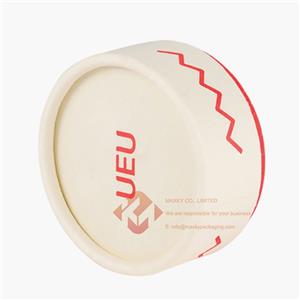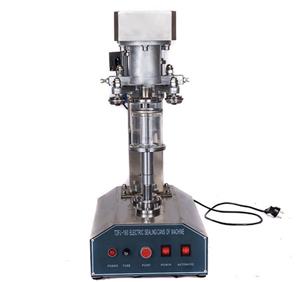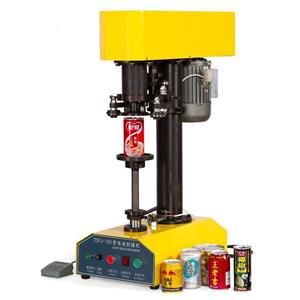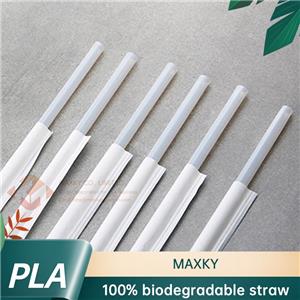The Food Sold In New Zealand Found The Chemical Composition Of Plastic And Paper Packaging
The food sold in New Zealand found the chemical composition of plastic and paper packaging. The Ministry of Primary Industry states that these chemicals will not pose a threat to consumers' food safety.
The food sold in New Zealand found the chemical composition of plastic and paper packaging
DETX is a potential carcinogen that is found in excess of the European guidelines. But scientists say people's lifetime intake risks less than one in a million.
Samples from 74 packaged and take-away foods showed that 11 of the foods contained the chemical ingredients of the printing inks, including fresh meats, pizzas, takeaway curries and breakfast cereals.
Two results from the phthalates DEHP and DINP outperformed the European guidelines - but Andrew Pearson, director of food risk assessment, said the levels are too low to pose any threat to consumers.

A similar study conducted in Australia last year found that the chemical content of food packaging was undetectable or far below international standards, with only one sample exceeding nearly 350% of the EU guidelines for phthalates.
The study is part of the Australian and New Zealand Food Standards Agency's assessment of whether chemicals in food packaging pose a health and safety risk.
Alison White of Safe Food Campaign said it was strange that a carcinogen was found in a canola oil and the department did not sample more from the brand and other brands.
Ms. White fears that the Department of Primary Industries can accept that infants and young children have higher levels of exposure to chemicals than adults.
Food retailers have noticed consumer concerns about chemicals in food.
Countdown Supermarket announced last week that they will phase out disposable plastic bags by the end of next year and that they have replaced polystyrene boxes with recyclable plastic products. James Walker, a spokesman for the supermarket, said this is mainly for environmental protection and there is no consumer feedback on the issue of chemicals that penetrate food. Packaging itself is indeed a very important safety issue.
MarionWood, a partner at Commonsense Organics, said the company minimized the use of plastic packaging due to health and environmental reasons. She said chemically stable chemicals in supermarket refrigerators will certainly be very different in a hot car. So I hope to have more relevant research.
Andrew Pearson, MPI's junior department, said Australia's New Zealand Food Standards Authority will not amend the standards based on this study. However, if there is a need, the relevant tests will continue.




